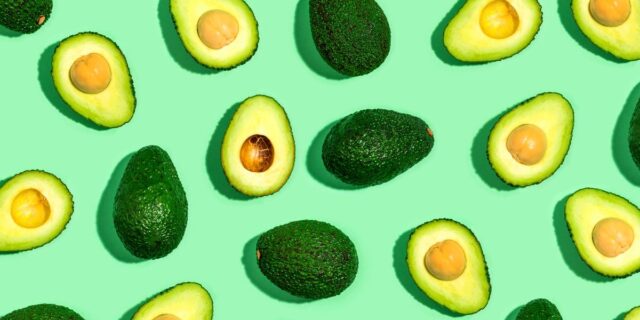Bloating is a typical problem that many of us experience. It is the state of feeling full in the stomach. Constipation to bacterial overgrowth in the small intestine is only a few causes of bloating. According to Janvi Chitalia, a functional medicine nutritionist and integrative gut microbiome health coach, “Bloating are caused by two main factors from the lens of gut health, which are constipation and low stomach acid.” She went on to outline the reasons for bloating.
Constipation can refer to both an insufficient bowel movement and no bowel movement at all, in which case the food remains in the large intestine, decomposes, and gases are produced. Due to the pressure from the gas, this can also result in bloating, a heavy feeling, tightness in the stomach, and even a headache.
Low stomach acid: This is caused by the body not producing enough acid to effectively break down food in the stomach. The small intestine struggles to break down and absorb food when it crosses the barrier because of the larger particle size. This causes symptoms of acid reflux in the esophagus, such as burning in the throat and bloating, particularly in the upper abdomen above the navel, and sensitivity in the center of the upper stomach just below the rib cage.
Chew your meal completely. Chewing breaks down food into smaller, more easily digested particles, which makes it simpler for the intestines to absorb nutrients from the food particles as they pass through. Additionally, this stops badly digested food from entering our blood and harming our health in a variety of ways, including bloating.
Exercise: By facilitating the passage of air bubbles through our digestive tract more quickly, physical exercise has the effect of reducing bloating more quickly.
Avoid drinking too much water when eating since it dilutes digestive fluids, which can interfere with digestion. Small amounts of liquids, on the other hand, help with digestion, so moderation is key.







